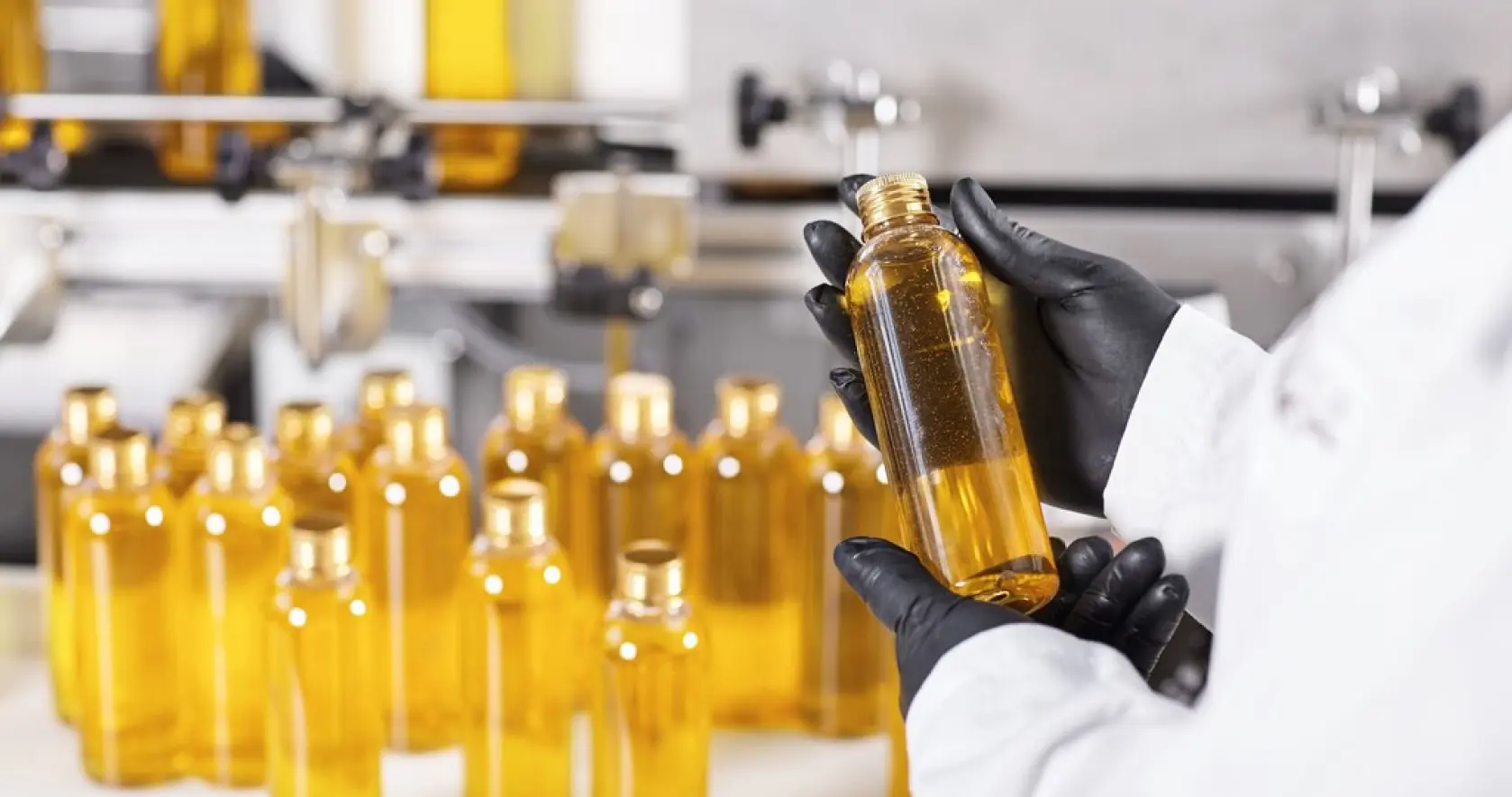Ingredient Interactions in Tincture Production
Most wellness fans are entirely unaware of tincture as a concept. They may have encountered the term while exploring the local health food store or scouring the online world. Plant tinctures function as herbal remedies. There’s no denying that some plants come with proven health benefits, while the contributions of others are foggy and may even affect your health adversely.
In this blog, we examine the preparation and benefits of tincture production. By the end, you will have a thorough understanding of how they can help you achieve major wellness goals!
What Is A Tincture?
Tinctures can be best defined as concentrated liquid herbal extracts. It’s necessary to mention that the plant part used in the production process varies from plant to plant. You will use bark, roots, seeds, leaves, fruits, or flowers. Note that some tinctures use several plant parts. You can have tinctures to improve your health.
Benefits of Taking a Tincture
Tinctures are intended to ingest the natural health-boosting chemicals found in certain plants and herbs. The production process is cost-effective since tinctures can be prepared easily at home. The growing accessibility of herbal remedies like tinctures is contributing to an estimated 80 percent of the world’s population.
We have detailed some common plants used for tinctures to benefit your future.
- Chamomile (flower): Chamomile is widely credited with effectively treating anxiety, healing wounds, and cutting down inflammation.
- Feverfew (leaf): Feverfew is highly effective at reducing fever. However, people are using it to avoid migraine and treat arthritis today.
- Garlic (cloves root): Garlic is widely known for cutting down total and LDL (bad) cholesterol. Experts are now studying its true potential to treat wounds or cancer.
- Ginger (root): Ginger can reduce nausea in pregnant women and benefit others who suffer from motion sickness.
- Gingko (leaf): Ginkgo is a common herbal ingredient that can treat many conditions, including asthma and tinnitus. It can improve memory, avoid dementia, and increase brain function. Additionally, it contains chemicals that increase the functioning of brain cells.
- Ginseng (root): Ginseng is credited with providing positive immune and psychological effects. Furthermore, it can aid people with diabetes.
- Milk thistle (fruit): Milk thistle functions well to heal liver-related diseases.
- John’s wort (flower, leaf): You can stop the symptoms of depression with St. John’s wort.
- Saw palmetto (fruit): Saw palmetto has the attributes to treat benign prostatic hypertrophy.
- Valerian (root): Valerian root can improve sleep quality.
The Process of Making Herbal Tinctures
You can make tinctures with vodka and herbs at home in the kitchen. This method, known as the folk method, ideally begins by placing the herbs in a Kilner jar. Cover them with vodka before leaving the jar for 2-4 weeks. If the soaking process is complete, you can consider straining them.
There’s always room for developing stronger tinctures in dispensaries. Herbalists measure the volume of alcohol and water to match the weight of the plant material precisely to ensure regulation. They typically have industry-grade equipment to facilitate tincture production in larger volumes.
Tinctures provide a convenient and easy way to preserve herbal medicines, promising a long shelf life. However, tinctures are more expensive than teas if compared on a per-dose metric since they involve alcohol and extra steps to produce them. People prefer the convenience and quick impact that is available with tinctures.
Are Herbal Tinctures Safe?
Herbal tinctures ensure quick-acting relief and support for the consumer’s body’s functioning. You consume a marginal amount of alcohol when taking an herbal tincture. There’s no denying that it’s a safe and healthy way of supplying the benefits of herbs.
We recommend diluting a few drops with water before intake since they don’t taste nice. Alternatively, you could mix them with juice or some water with honey.
Take Your Business to the Next Level Today With Pacific Manufacturing and Design
Pacific Manufacturing and Design is a well-reputed white-label manufacturer in the tincture production business. We ensure our approach is consistent and aligns with your brand’s needs.
Our company is unwavering committed to supporting our clients in presenting effective wellness solutions. Team up with PMaD to grow as a brand and deliver high-quality products to your clients.
We have a team of industry-trained production experts with the technical prowess to make herbal tinctures. PMaD has a proven track record of guiding its clients to develop first-rate tinctures and providing unparalleled customer service. Associating with us means taking a step toward greatness and sustainability!




